Reusing and recycling alternative water supplies
By Edit Team | August 14, 2019 9:02 am SHARE
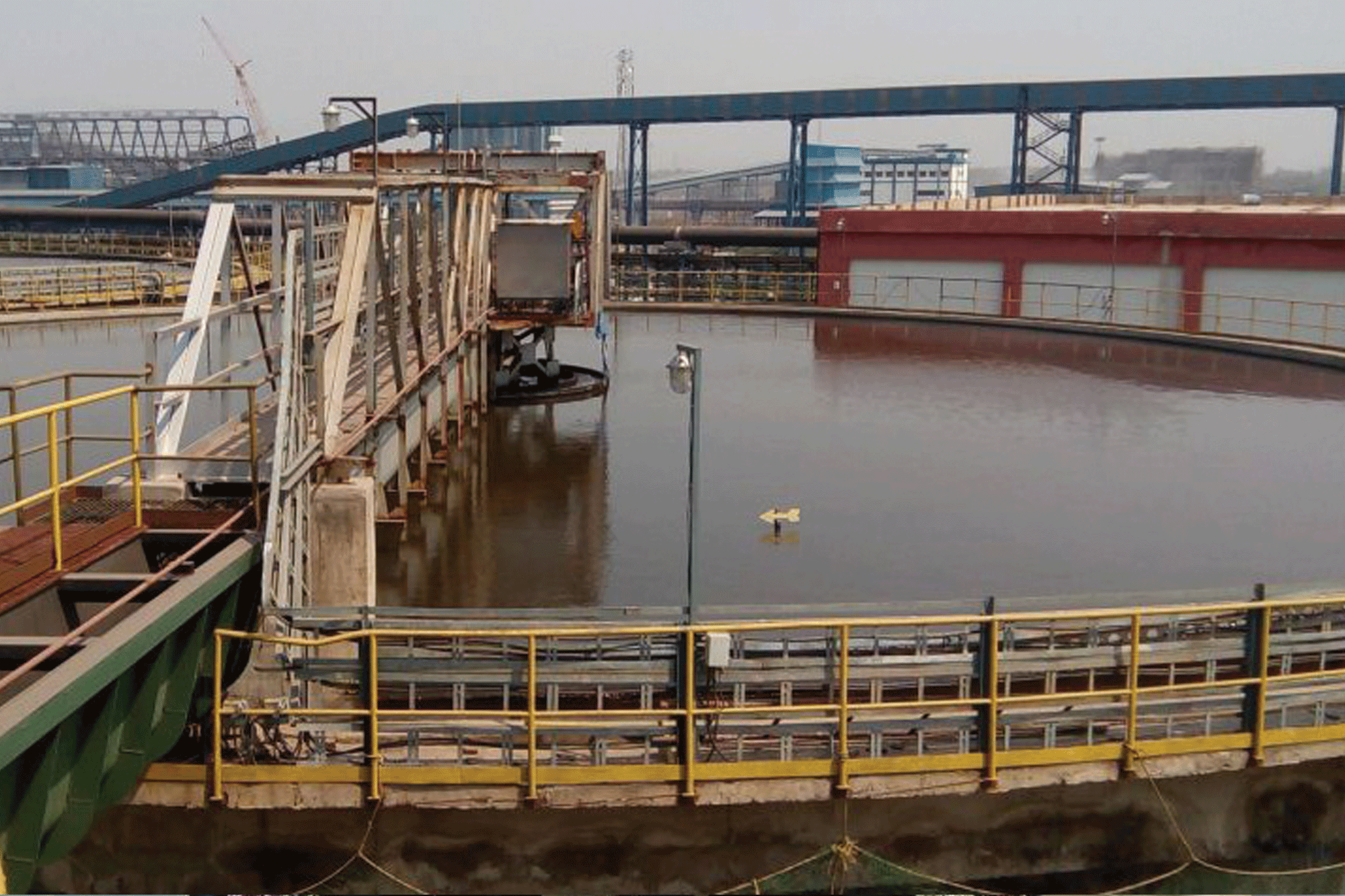
When considering alternative water supplies, one should choose the most suitable water source considering end use, risk, resource and energy requirements.
Water is essential for life, but the increasing contamination in drinking water poses a problem for the availability of safe drinking water. Millions of people die every year from consuming contaminated water due to lack of awareness. Water which comes from municipal water supply or any other source of water, needs purification.
Boiling water was common practice in several Indian households to kill the microbiological impurities in water. However, this method is not enough to remove chemicals, turbidity, organic and inorganic impurities and cysts present in the water.
In the last few decades, interest in home water purifiers has grown tremendously due to the alarming levels of dangerous dissolved impurities like rust, salt, heavy metals, chemicals, etc getting into our drinking water sources like groundwater, rivers, catchment areas, reservoir systems and even tap water.
Looming challenges
India has jumped 23 points in World Bank report on Ease of Doing Business to 77th place, becoming the top ranked country in South Asia for the first time. This fast-paced progress often has adverse effects on the nation’s resources. Today, the amount of sewage, organic matter and toxins that are released into rivers and water bodies, have grown multi-folds. The phenomena are adversely impacting the environment and health of the population.
Unlike earlier when bacteria and other small organisms in the water consumed the organic matter and sewage, today with the growing population and industrial activity – the waste emitted by them has increased enormously. This means nature can’t cleanse it by itself; it needs a helping hand.
According to a recent report by NITI Ayog on groundwater level, 21 Indian cities including Delhi, Bengaluru, Chennai, and Hyderabad are expected to run out of groundwater by 2020, affecting around 100 million people. The report also highlights that 40 per cent of India’s population will have no access to drinking water by 2030.
B Ravindranath, Senior General Manager, Infrastructure Projects, Domestic Projects Group, Voltas Ltd, says, “India is facing the worst water crisis in its history and by 2030, the country’s water demand is projected to be twice the available supply, implying severe water scarcity for hundreds of millions of people and an eventual 6 per cent of loss in the country’s GDP, as per the Composition Water Management Index (CWMI) report by NITI Aayog.”
Hence, it is extremely important to give water management and treatment its due importance and recycle and reuse water instead of over-utilisation of groundwater. While water treatment plants in India have been operating for ages, it is only in the new millennium that the push for them has intensified.
Mahesh Gupta, Chairman and Managing Director, Kent RO Systems Ltd says “As the problems of dissolved impurities are increasing, thankfully, so are the solutions. But the irony is, most of the systems available in the market target only a few types of contaminants and are completely ineffective against other impurities especially the dangerous ones like arsenic, fluoride, rust, chemicals, pesticides and metals.”
“While the water purifier market is flooded with numerous brands, with different technologies and price points, it is paradoxical that an average consumer cannot decide which brand or technology will offer him the highest standards of purification, the best quality of components used and the most reliable assurance that he is buying a good product,” he adds.
Hence, it is important for customers to question themselves before choosing the right water purifier. In fact, the most important thing for them to know is which purifying technology will provide their family 100 per cent pure and healthy water free from dissolved impurities, while maintaining essential minerals.
Innovative solutions
MBR, UF and RO
Over the years, companies have come up with various innovative solutions to tackle the rising issue of water waste pollution. Apart from MBBR (Moving Bed Biofilm Reactor), SBR (Sequencing Batch Reactor) and ZLD (Zero Liquid Discharge), Voltas use other technologies in industrial wastewater treatment as well, such as MBR (Membrane Bioreactor), UF (Ultra filtration), and RO (Reverse Osmosis). “Depending upon the kind of project, we engage a technology and team up with technology partner in the field to get best results,” says Ravindranath.
“Our project, Gujarat International Finance Tech-city, Gandhinagar, is a successfully designed, built and commissioned water treatment, distribution, wastewater collection and treatment cum recycling system. In this project, both water and sewage treatment were undertaken. The treated wastewater is used for a District Cooling System (DCS) creating ZLD for the entire wastewater circuit. No fresh water was used. A DCS distributes cooling capacity in the form of chilled water from a central source via underground insulated pipelines to office, industrial and residential buildings to cool the indoor air of the buildings within a district. This system leads to 20-35 per cent less electricity consuming in the process,” adds Ravindranath.
In Mysore, the company commissioned a ZLD-based Effluent Treatment plant at Bank Note Paper Mill, which includes MBBR technology along with UF-RO and multi effect evaporators. Company’s ZLD project is first-of-its-kind in India for paper and pulp industry.
Under the National Ganga River Basin Authority programme, we secured a World Bank funded SBR process project at Patna, Bihar. Gesellschaft fuer Abwasser-und Abfalltechnik mbH (Germany) is the technology partner.
The company is also executing the revamping and modernisation of 144 MLD (Millions of Litres per Day) WTP (Water Treatment Plant) and 225 MLD WTP at Smart City Agra for Uttar Pradesh Jal Nigam.
Next Gen RO Purifiers
Before choosing a water purifier, it is most important to understand which purifier uses which purifying technique, and which one can ensure true 100 per cent pure drinking water to protect your family’s health.
The world-class Kent Mineral RO technology-based water purifier guarantees not only 100 per cent pure water but also zero per cent water wastage.
The Kent purifier offers its unique multi-purification process of RO+UF+UV that removes dissolved impurities apart from bacteria and viruses, and its TDS Controller retains essential natural minerals in the purified water.
Gupta informs Kent introduced latest range of Next Gen RO Purifiers. The Next Gen RO Purifiers have innovative features of digital display of purity and UV-LED light in storage tank to keep the purified water pure.
Although RO Purifiers remove dissolved impurities from contaminated water, however RO purification has its own disadvantages. The water purified by RO process, is devoid of natural essential minerals. This RO purified water, without the essential minerals is acidic in nature and tends to cause harm to human digestive system.
Gupta opines to overcome the limitations of conventional RO purification technology, Kent has developed a revolutionary Mineral RO technology which not only removes bacteria, viruses and harmful dissolved impurities from drinking water, but also retains the natural essential minerals in purified water, making the drinking water very healthy.
It is paradoxical that an average consumer cannot decide which brand or technology will offer him the highest standards of purification, the best quality of components used and the most reliable assurance that he is buying a good product.
Mahesh Gupta, Chairman and Managing Director, Kent RO Systems Ltd
It is extremely important to give water management and treatment its due importance and recycle and reuse water instead of over-utilisation of groundwater.
B Ravindranath, Senior General Manager, Infrastructure Projects, Domestic Projects Group, Voltas Limited
Cookie Consent
We use cookies to personalize your experience. By continuing to visit this website you agree to our Terms & Conditions, Privacy Policy and Cookie Policy.




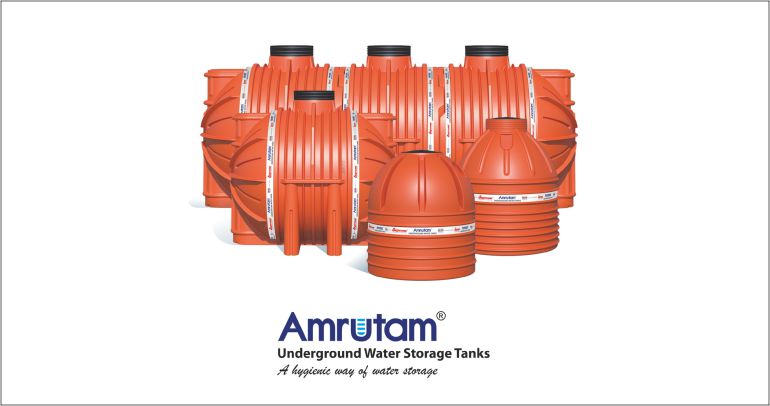

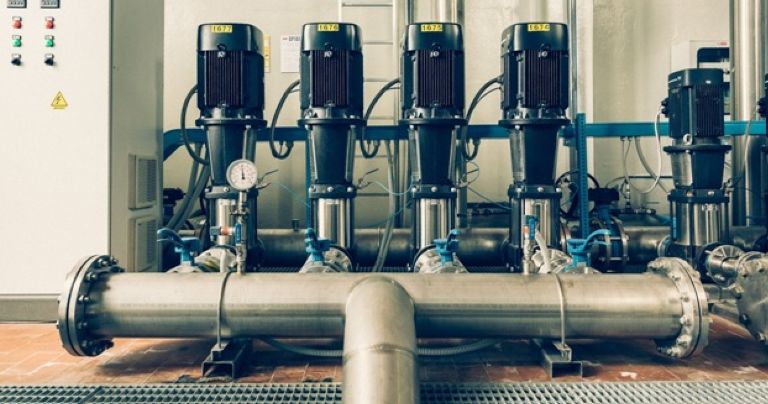
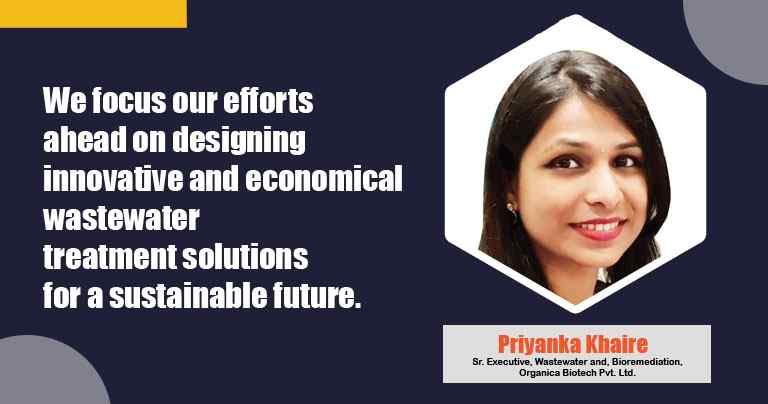
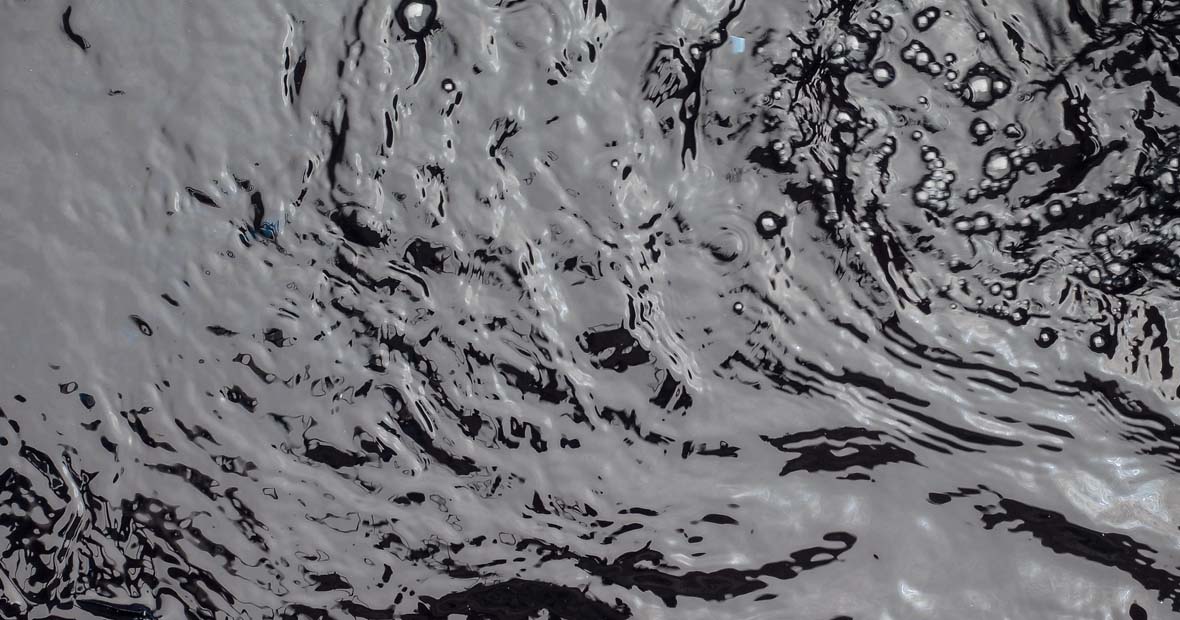




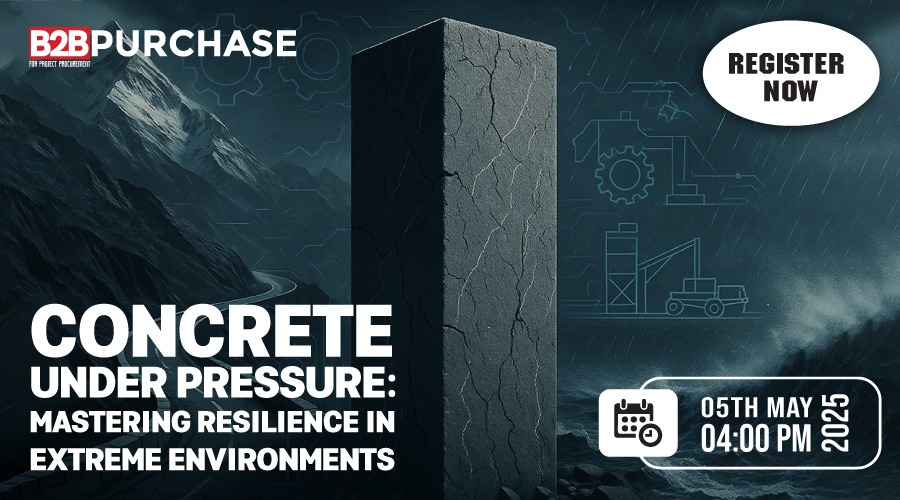
























-20240213125207.png)

























